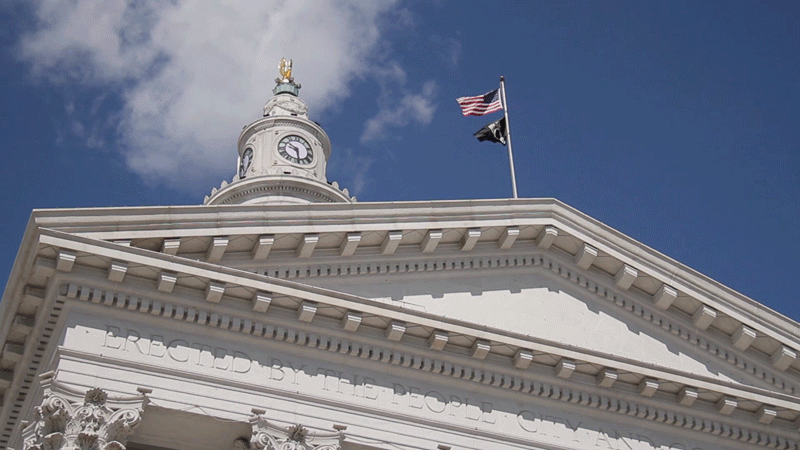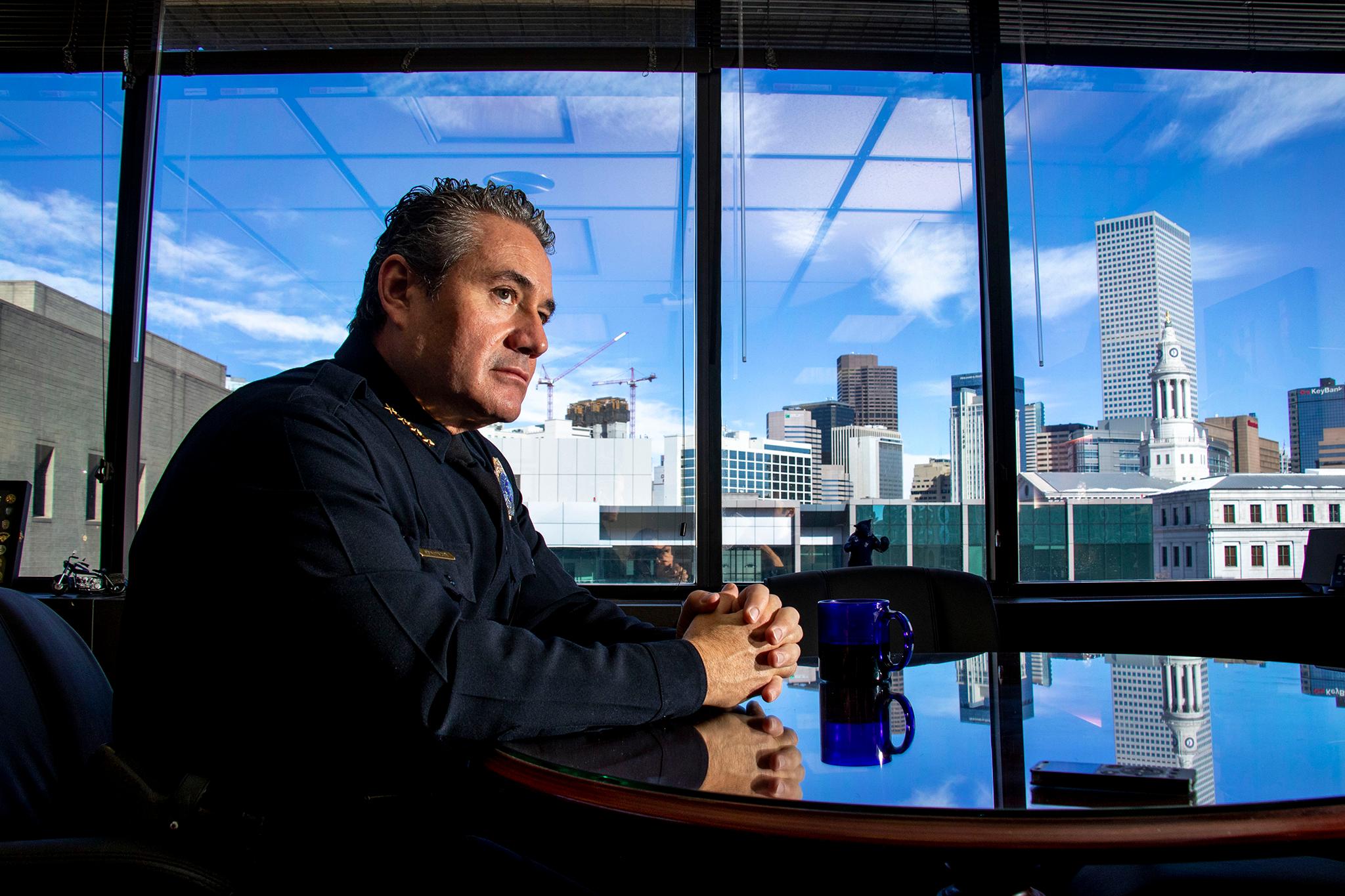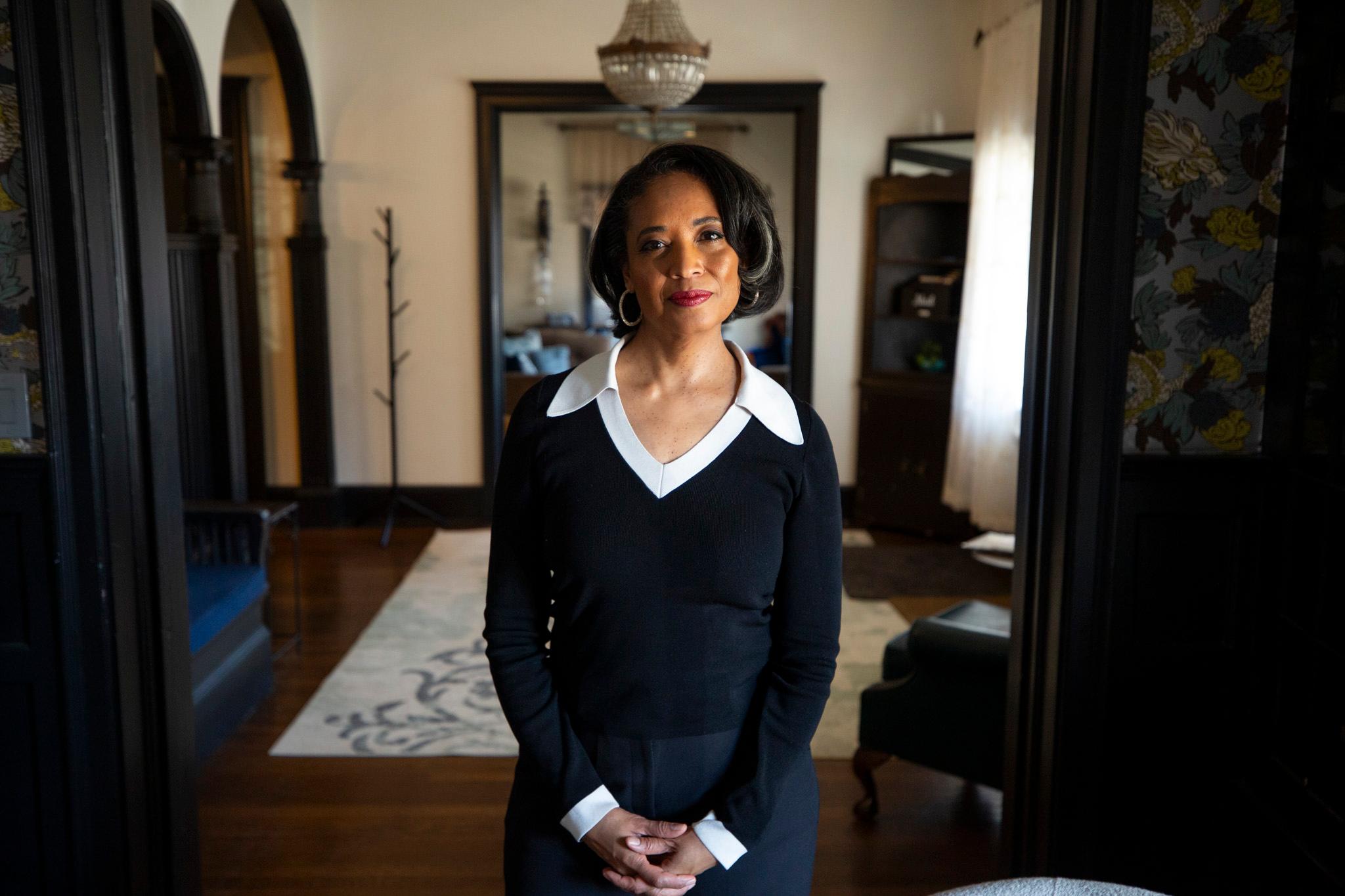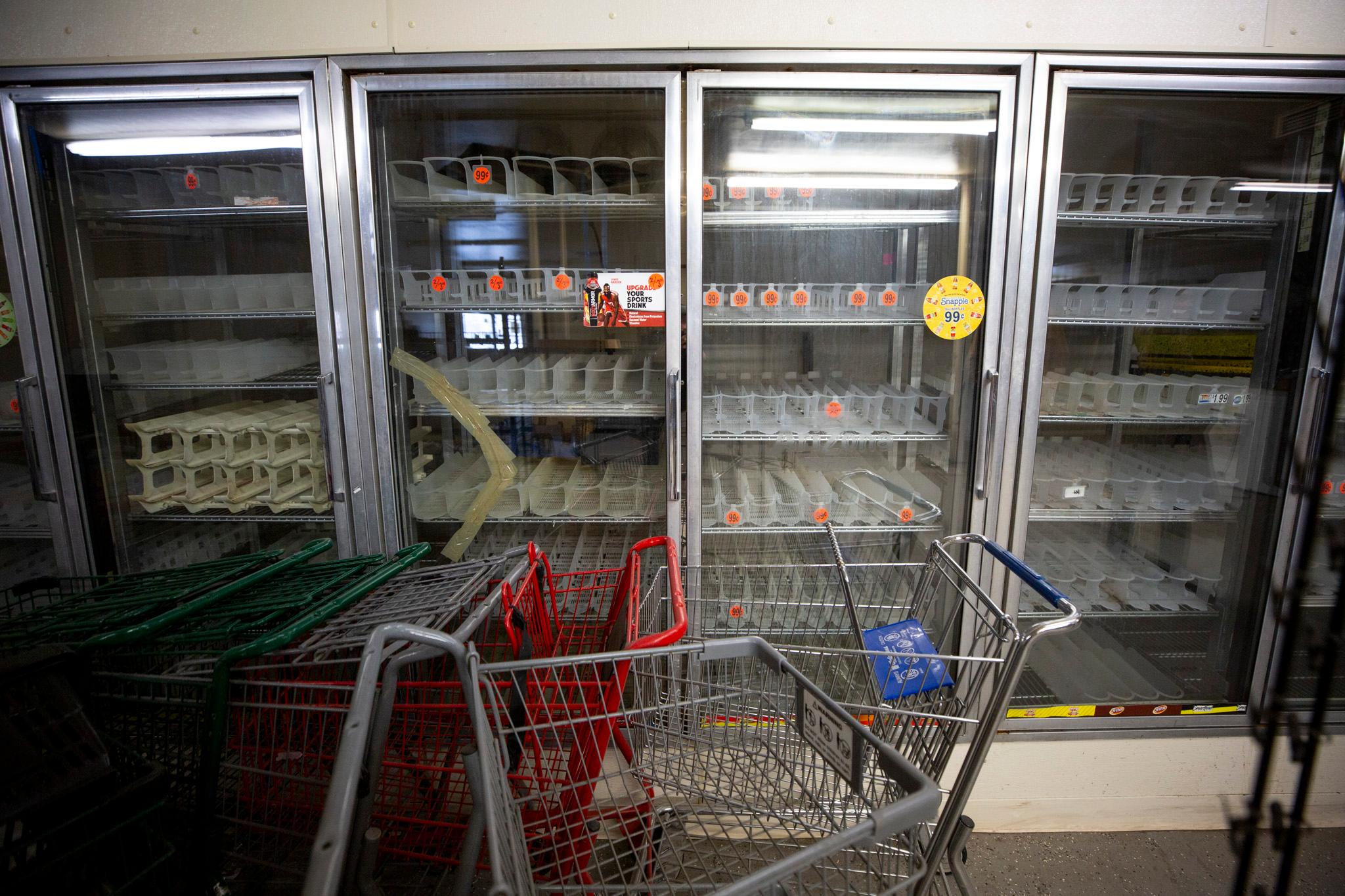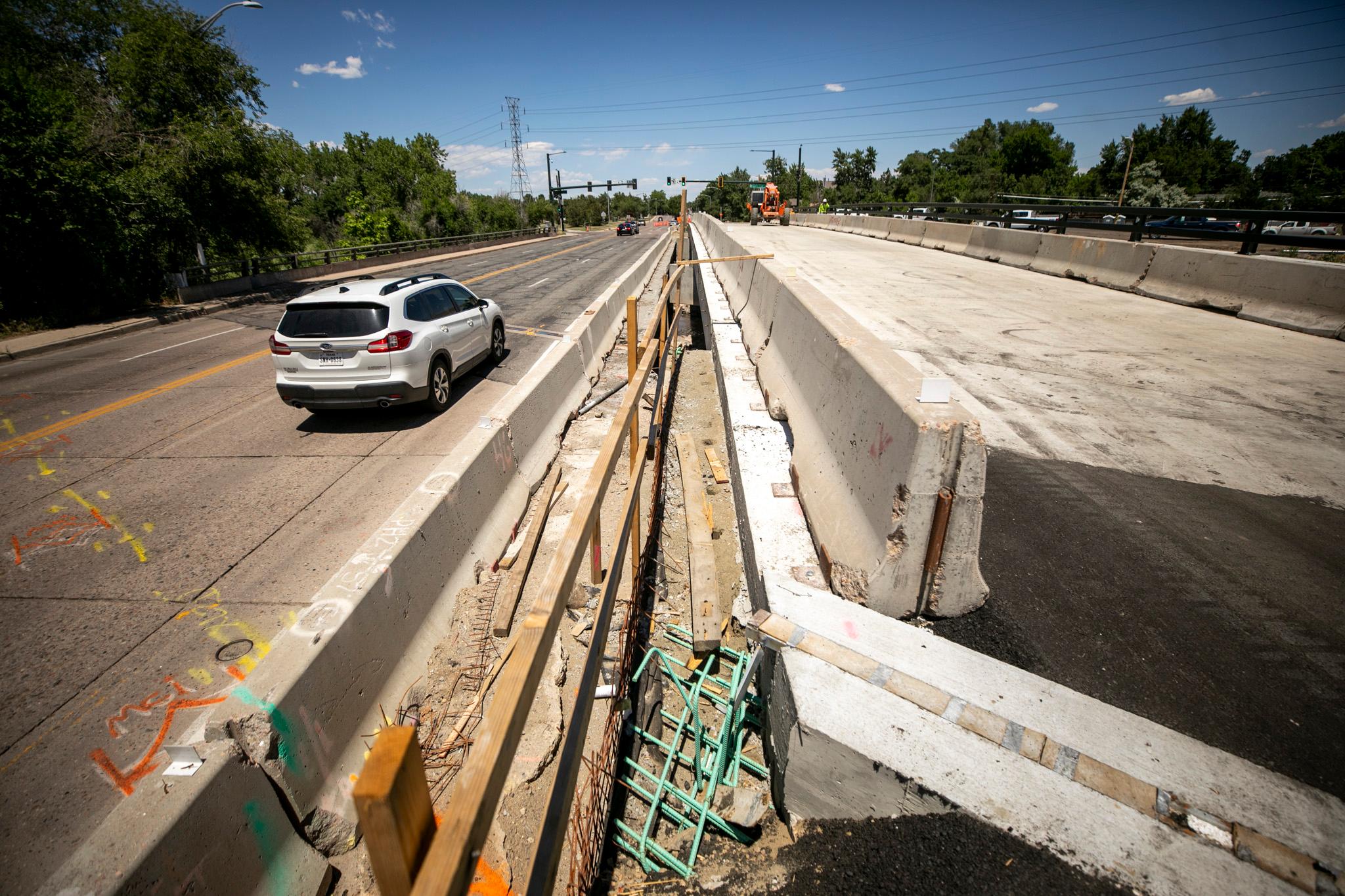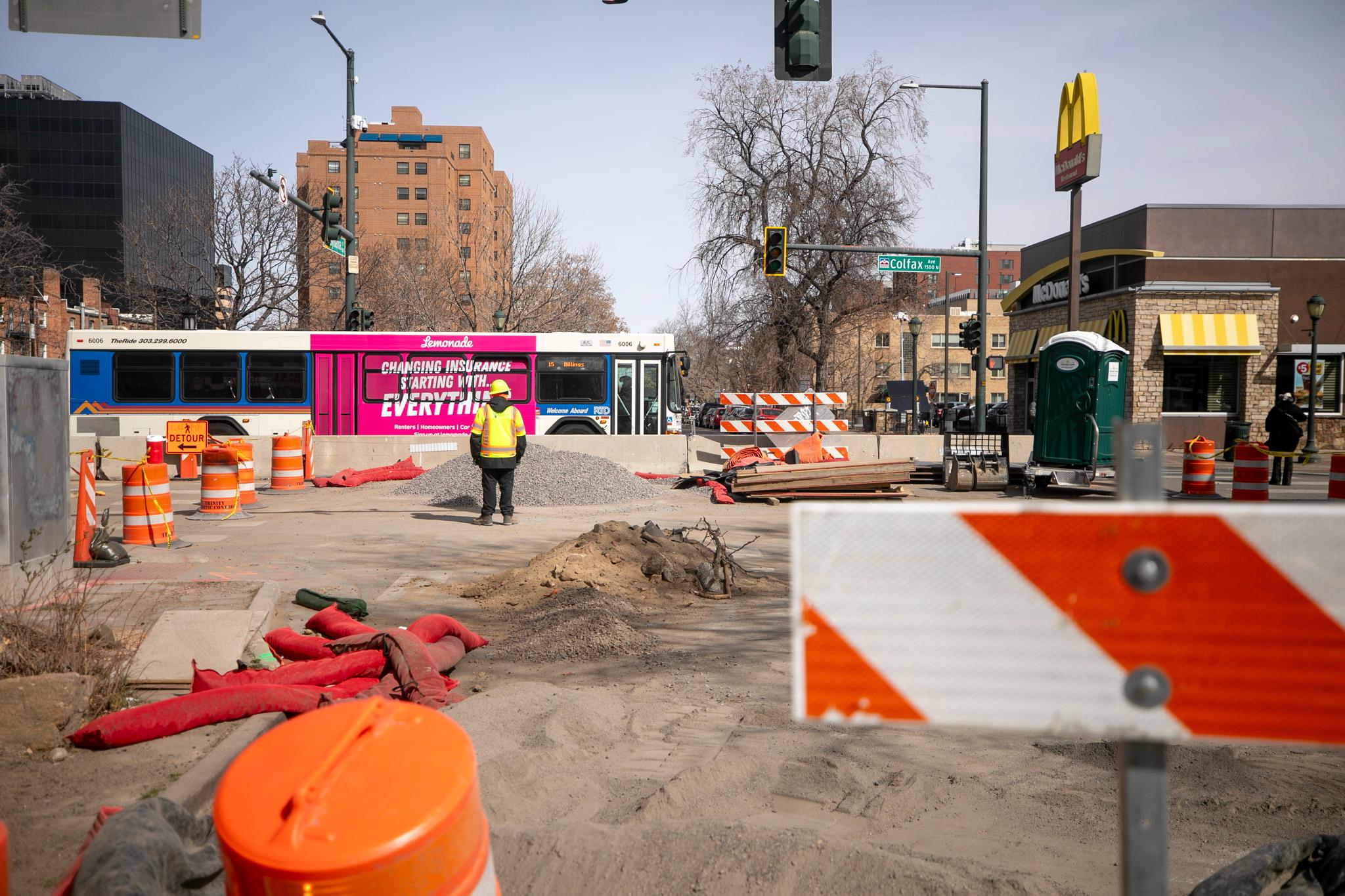UPDATE: On Nov. 12, the Denver City Council passed the $1.49 billion 2020 budget by a vote of 11 to 1.
Councilwoman Kendra Black was absent whileCouncilwoman Candi CdeBaca dissented in a protest of a budget process that she claims cut the public and Council members out of important decisions.
"I just wanted to go on record stating that I do not approve of the process that was utilized to create this budget, I don't approve of the process that was used to make friendly amendments that were largely rejected, and so I will not be supporting this budget."
CdeBaca was referring to the City Council's 18 budget requests, seven of which Mayor Michael Hancock accepted.
"This is a budget focused on our people and their needs, and the residents of Denver can be proud of the work that has gone into this spending plan," Hancock said in a prepared statement.
Mayor Michael Hancock proposed a 2020 spending plan Monday worth $1.49 billion that nods at slower growth and an uncertain future for Denver's economy.
During a press conference, Hancock said his budget represents "solid financial footing, protects the progress we've made since the great recession and prepares us for an economic slowdown." He also said the government is "not able to do as much as we would like to do."
Last year's budget rang up at $1.46 billion.
Denver's economy is still growing, just slowly relative to the flush times of the last several years. The city is generating less money from sales-and-use tax -- half of its general fund revenue -- than officials expected.
The administration blames slowdowns in construction, manufacturing, and medical marijuana and car sales. Tourism and sales of food and drink have kept what momentum Denver still has, Chief Financial Officer Brendan Hanlon said.
Property taxes, fees for things like building permits, and fines for things like parking tickets aid the other half of revenues. Those dollars are still coming in at historic levels, but are cresting.
"Our revenues have still allowed us to invest and fund the things that we started," Hanlon said.
Hancock has asked department heads to tighten their belts, but budget director Stephanie Adams said slower growth will not directly affect current government services, programs or city employees. Some vacant positions will stay vacant, some temporary positions will not be renewed, and budgets for training and traveling will take a hit.
The $1.5 billion figure does not include $207 million for capital costs -- maintenance and new projects. Money from the nearly $1 billion in voter-approved bonds is not included, either. The same is true with airport revenues, which can only be spent on the airport.
Here are some highlights from the proposal.
Some of these investment figures include new money. For instance, the $40 million aimed at combating climate change includes $8 million of new funding negotiated by the Denver City Council.
Other figures represent the total amount of money dedicated, including allocations that haven't changed since last year. For instance, the city's affordable housing fund remains steady at $30 million.
- $97 million to address the high cost of living and homelessness, including the affordable housing fund; a new Department of Housing Stability; an expanded shelter system that includes a focus on reaching women; and 24-hour "treatment-on-demand" for people misusing opioids.
- $118 million for walking, biking, transit and roads, including money for sidewalks, bikeways, bus projects and street safety projects.
- $40 million to fight climate change, including a new Office of Climate Action, Sustainability and Resiliency; money to train locals in green jobs, recycling and composting expansion; electric vehicles and charging stations; and greener building incentives.
There's way more, obviously, in the 615-page document. You can see the entire thing, if you dare, here.
There's no question: Denver's economic future remains questionable.
Hanlon did not predict a recession -- and said Denver is not in one -- but said he would not be surprised to see it within two years based on market trends.
Sales tax revenues are down .8 percentage points in the first half of this year when compared to the second half of 2018. They're down 3.5 percentage points compared to the first half of last year. And the market appears to have more confidence in short-term investments than long-term ones, Hanlon said, which signals a more volatile national economy.
Hancock blamed volatility on President Donald Trump's trade wars and other policies that trickle down to the local level.
"Frankly this president and his administration are playing games with this economy and we are the ones left to pick up the pieces," Hancock said.
The budget is not a done deal until City Council weighs in and does some horse trading.
The Denver City Council will hear from every department head during a hectic week of budget hearings starting Sept. 16. That's a quicker turnaround than years past. The City Council wants to have more time to analyze the budget and ask for changes, according to Hanlon.
Council members typically request line-item changes in the realm of a few hundred thousand dollars to around $1 million. We'll see if that changes with a new-look City Council, which ultimately holds the power to approving the document.
This article was updated to correct the final vote tally, which was 11 to 1, not 12 to 1.

